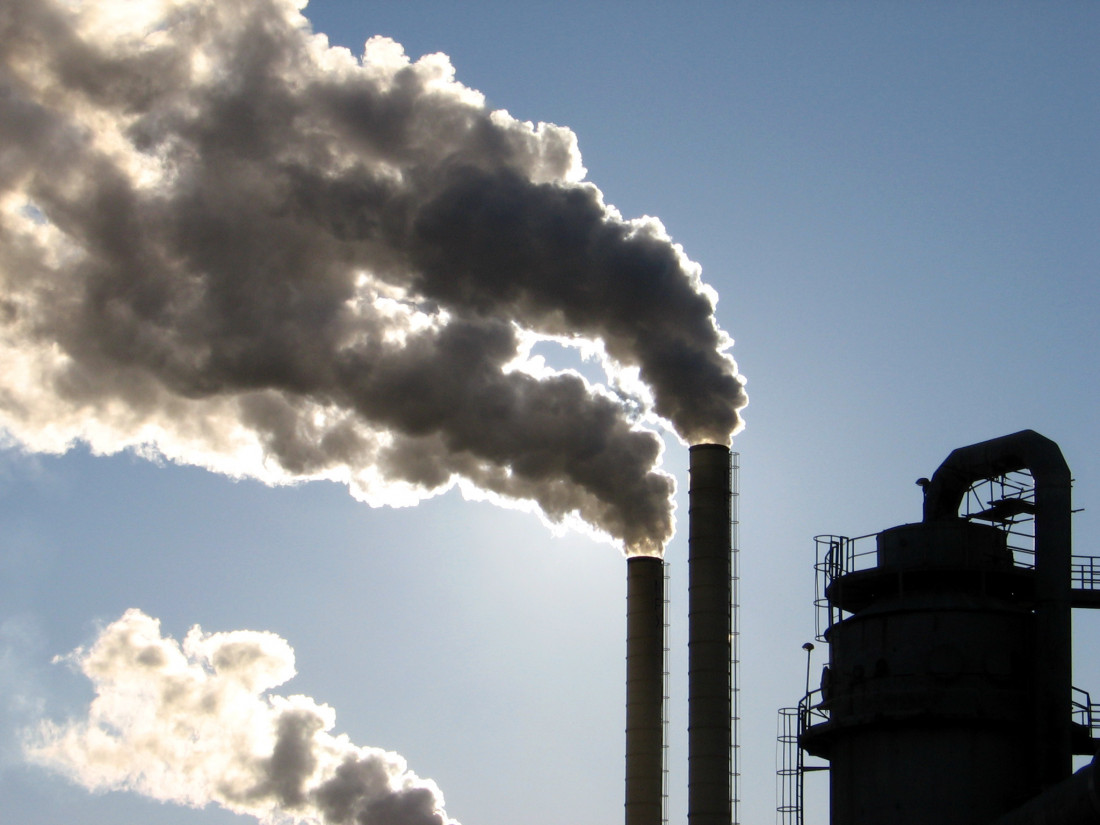Offer someone a glass of orange juice and they will accept it gladly, as a healthy and nutritious drink full of vitamin C. Offer them the same juice without the vitamin C, but with added E300 and people will turn it down in disgust. Even though they are the same thing.
So why does this happen? Why do people hear the language of chemistry and think the worst?
People are fascinated in biology, watching hours of nature programs, learning about wonderful plants and animals. It is seen as a very natural science, both environmentally friendly and caring.
Physics is seen as a world of amazing concepts, where people study the beauty of space and the origins of the universe. It is all spaceships and lasers.
Chemistry on the other hand, is a subject of pollution, toxins and poisons. The very word joined to form phrases like ‘chemical weapons’ and ‘chemical accident’. Even the words ‘chemical reaction’ seem to have a negative connotation, although ‘chemical reactions’ are, what we are.
The people in chemistry are also far less glamorous, than their scientific colleagues.
Ask someone on the street to name a famous physicist and the names will come thick and fast; Einstein, Hawking and Newton. Name a famous biologist and the names Darwin and Mendel skip to the tongue. But ask for a chemical engineer? And you will hear only silence.
I can only speculate that the silence maybe self-induced, by centuries of destructive chemistry that grabs headlines in a way that constructive chemistry never does. Sarin gas used in Syria sells papers, and an explosion at a chemical’s plant makes the news, whilst more added vitamins in breakfast cereal doesn’t. Famously, even the development of dynamite, that saved thousands of lives in mining, was seen by the world as a dangerous power and a curse on society.
But maybe, just maybe, the curse of silence can work in a chemist’s favour. For whilst we know only too well, the vital role our field plays in everything around us, and how almost nothing is made today without employing chemistry. Our non-chemistry friends see us dark scientists, almost magicians. We become modern-day Dumbledores, capable of creation and destruction at the simple twist of a burette’s stopcock.
So whilst others may glow in the glory of their chosen studies, I prefer our mystical aura. For if biology governs flora and fauna, and physics is supreme among the stars, I am more than happy in the knowledge that in everything around us, chemistry is king.

